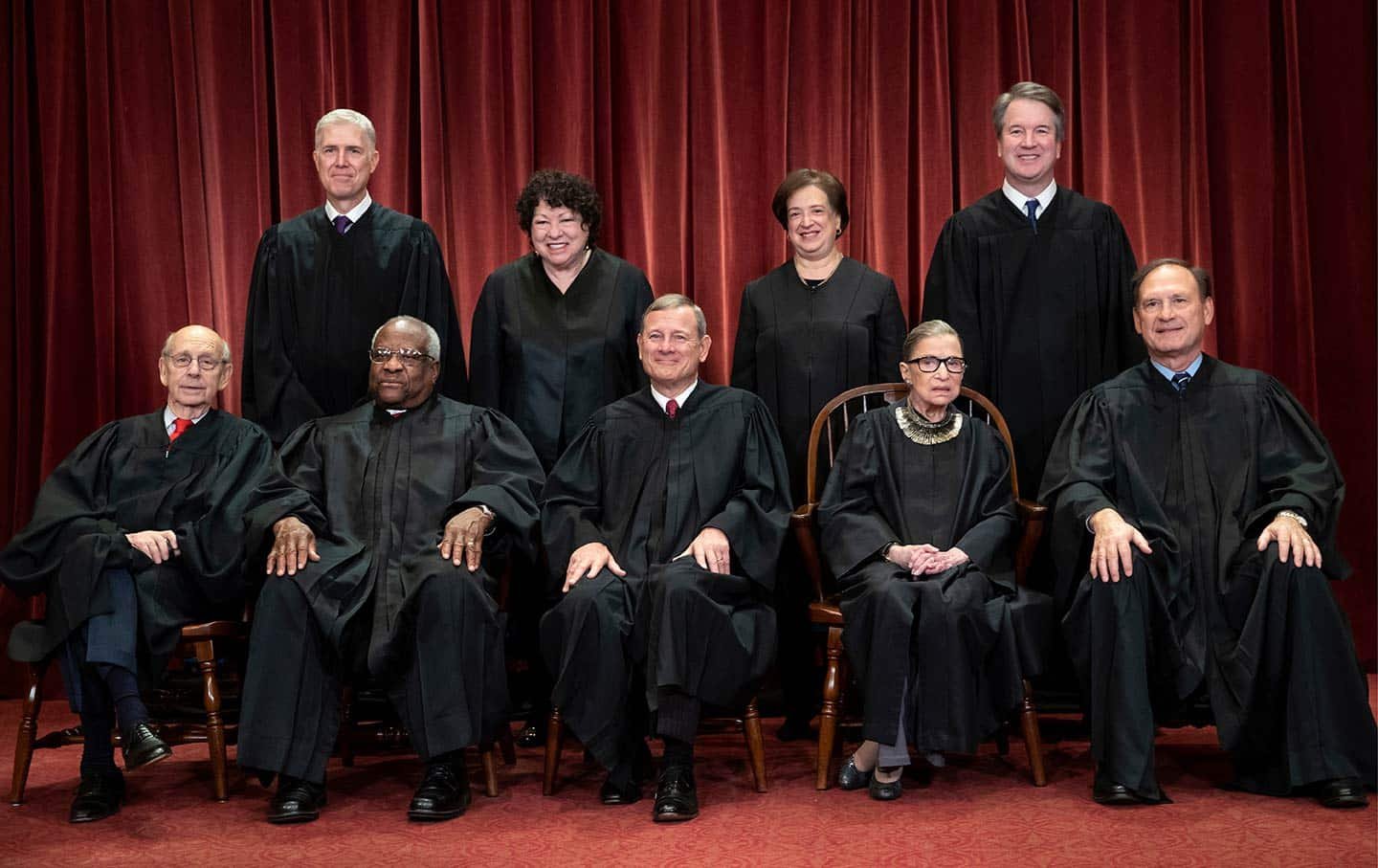The Supreme Court is revisiting a controversial legal battle on Tuesday regarding restrictions on the most commonly used drug in the United States for ending pregnancies.
The conservative-leaning court, which previously overturned the constitutional right to abortion, will be discussing access to the drug mifepristone.
Anti-abortion groups are pushing for a ban on the drug, arguing that it is unsafe despite its history of use.
Mifepristone was approved by the Food and Drug Administration in 2000. The FDA estimates that over 5.9 million Americans have used it to end pregnancies since then.
The case originated from a ruling made last year by a conservative US District Court judge in Texas, who was appointed by former Republican President Donald Trump.
This ruling would have banned mifepristone. However, a conservative-dominated appeals court overturned the ban due to the statute of limitations on challenging the FDA’s approval having expired. Despite this, the court still restricted access to the drug.
Danco Laboratories, the company that makes mifepristone, and the Biden administration have asked the Supreme Court to review a lower court’s restrictions on the drug.
The Supreme Court, which has a majority of conservative justices, has temporarily stopped the lower court’s rulings, so mifepristone can still be used for now.
The FDA first approved mifepristone for use up to seven weeks into pregnancy in 2000. In 2016, the regulations were relaxed even further, allowing it to be used for up to 10 weeks.
During the COVID pandemic in 2021, the FDA removed the requirement for in-person dispensing, allowing the drug to be sent by mail and prescribed through telemedicine.
If the appeals court decision is upheld, the legal limit for using mifepristone would be reduced to seven weeks, it could no longer be delivered by mail, and it would have to be prescribed and given by a doctor.
Lewis Grossman, a lawyer at Covington & Burling, was part of a group of food and drug law scholars who submitted a brief to the Supreme Court. He mentioned that he was hesitant to predict the outcome of the case and how the nine justices would rule.
But if the court upholds the appeals court ruling, they “would be doing something that I think would be very unprecedented,” Grossman said.
“They would be imposing restrictions on the availability of a drug based on a disagreement with the scientific experts at FDA.”
The most recent legal battle over reproductive rights is happening at a time when the use of pills for abortion is increasing in the United States. According to the Guttmacher Institute, medication was used in 63 percent of abortions in the country last year, up from 53 percent in 2020. The institute believes the actual number is even higher, as the data does not include self-managed medication abortions outside of the healthcare system or pills sent to women in states where abortion is completely banned.
“Reinstating outdated and medically unnecessary restrictions on the provision of mifepristone would negatively impact people’s lives and decrease abortion access across the country,” said Amy Friedrich-Karnik, Guttmacher’s director of federal policy.
Since the Supreme Court overturned the Roe v. Wade ruling in June 2022, about 20 states have either banned or restricted abortion, which had been a constitutional right for 50 years.
Despite efforts by conservative groups to limit or ban abortion, most Americans consistently support maintaining access to safe abortion procedures.
The Supreme Court is expected to make a decision on a case related to abortion pills before the end of June, just four months before the upcoming presidential election, where abortion is likely to be a major issue.





